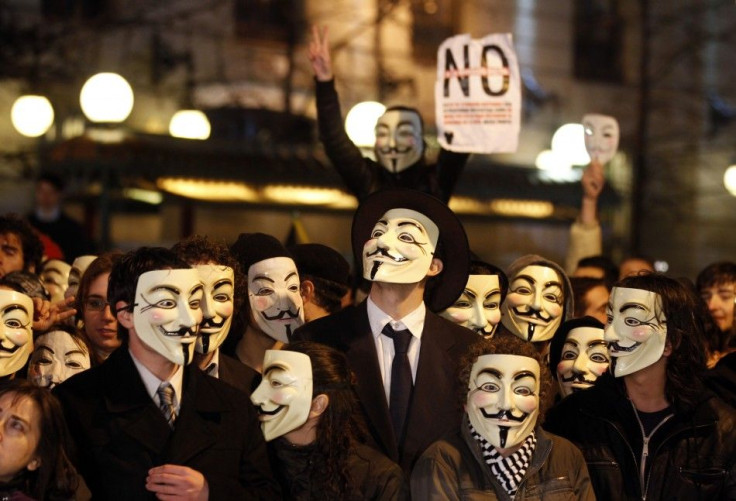On Anonymity, the Internet, and 4chan

4chan is probably the cultural leader of the Internet. Zero Hedge is easily one of the most influential financial blogs.
What they have in common is an adherence to the ideology of anonymity.
Anonymity frees individuals from the burden of the ego, which is afraid of judgment, wants recognition, and acts defensively towards disagreements from others. In a collaborative environment, it blocks creativity and distorts incentives. When the ego is removed, unfiltered and raw truth comes out.
There are costs to anonymity, however, because it also removes accountability. In many real life situations (like commerce), anonymity is a bad idea.
Even online, the rawness of anonymity in places like 4chan offends many people. However, in the realm of thoughts and information, the truth matters more than any other considerations. In this regard, anonymity works beautifully.
Anonymity is the main reason the 4chan community consistently churns out creative, original, and trendsetting materials. It's also why 4chan has such a loyal following.
Indeed, aside from content creation considerations, anonymity offers other advantages.
Ironically, it gives individuals the feeling of belonging – even though they don’t develop one-on-one relationships with each other – because it gets rid of the ego.
Once the ego is gone, anonymous individuals identify with an amorphous entity that transcends individuality. It’s not that online anonymity leads to groupthink; it actually encourages creativity and non-conformity. Instead, anonymity brings individuals closer through cutting the personal prejudices and allegiances that divide them apart in real life.
Christopher Poole, founder of 4chan, recently explained that Facebook (the crusader of online identity) succeeded in creating social ties but failed at creating a community whereas 4chan forwent personal social ties but succeeded in creating a vibrant community.
Facebook CEO Mark Zuckerberg and liked minded entrepreneurs (like Seth Priebatsch) are pushing for the integration of the online and offline world. They believe the Internet will become such a pervasive part of real life that online identity will eventually become the identity.
Zuckerberg argues that identity leads to openness and transparency – or the truth. Ironically, anonymity strives for the same thing through eliminating the ego. Indeed, what people like Zuckerberg may not realize is that an anonymous person will speak the truth whereas a named person will be too scared and self-serving to do so.
Moreover, anonymity was used to publish controversial and dissident opinion long before the existence of the Internet; it was used as a way write freely without the fear of persecution and retaliation.
The Internet is simply too suitable of a tool for anonymity. In the online world, Anonymous is here to stay.
© Copyright IBTimes 2025. All rights reserved.





















